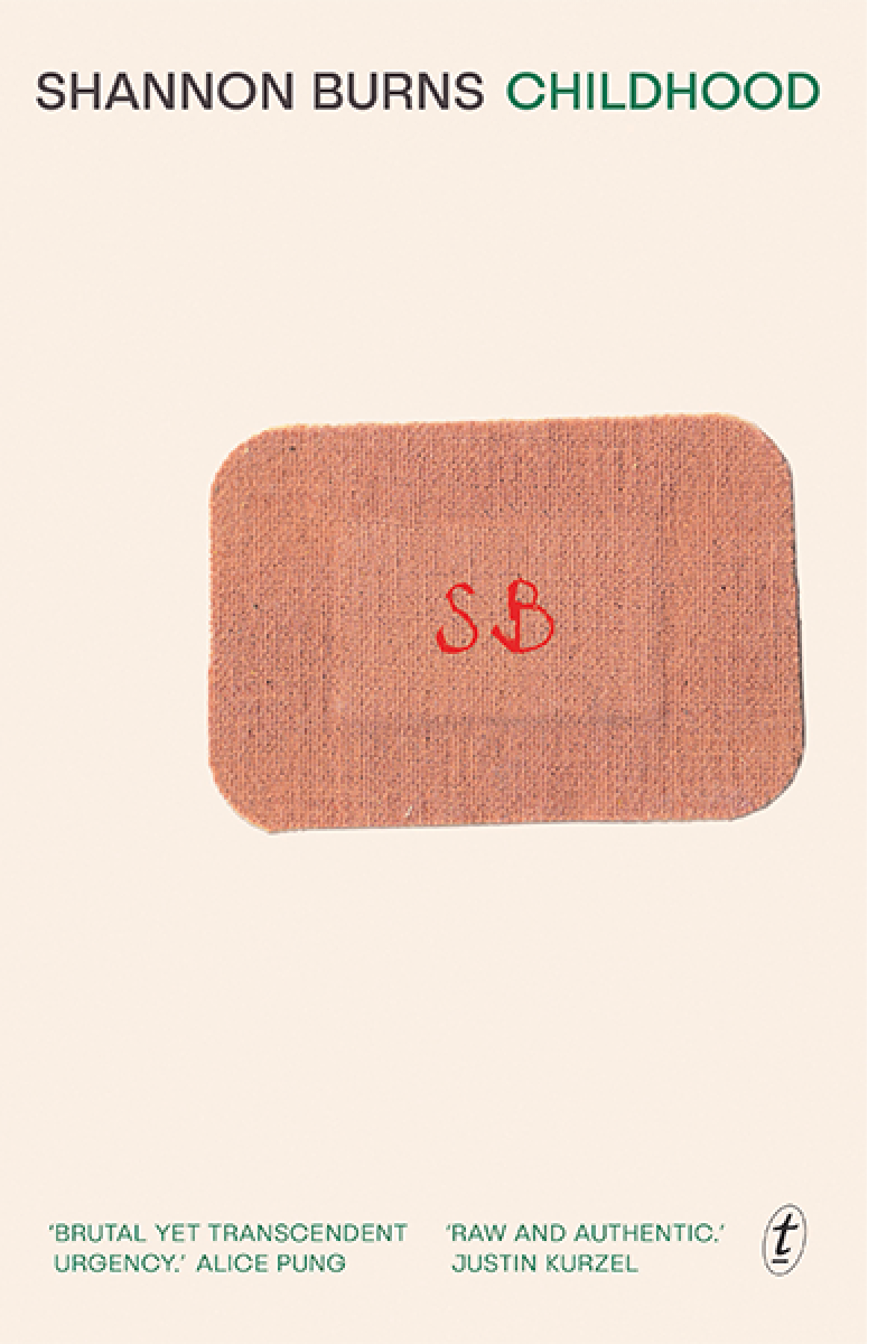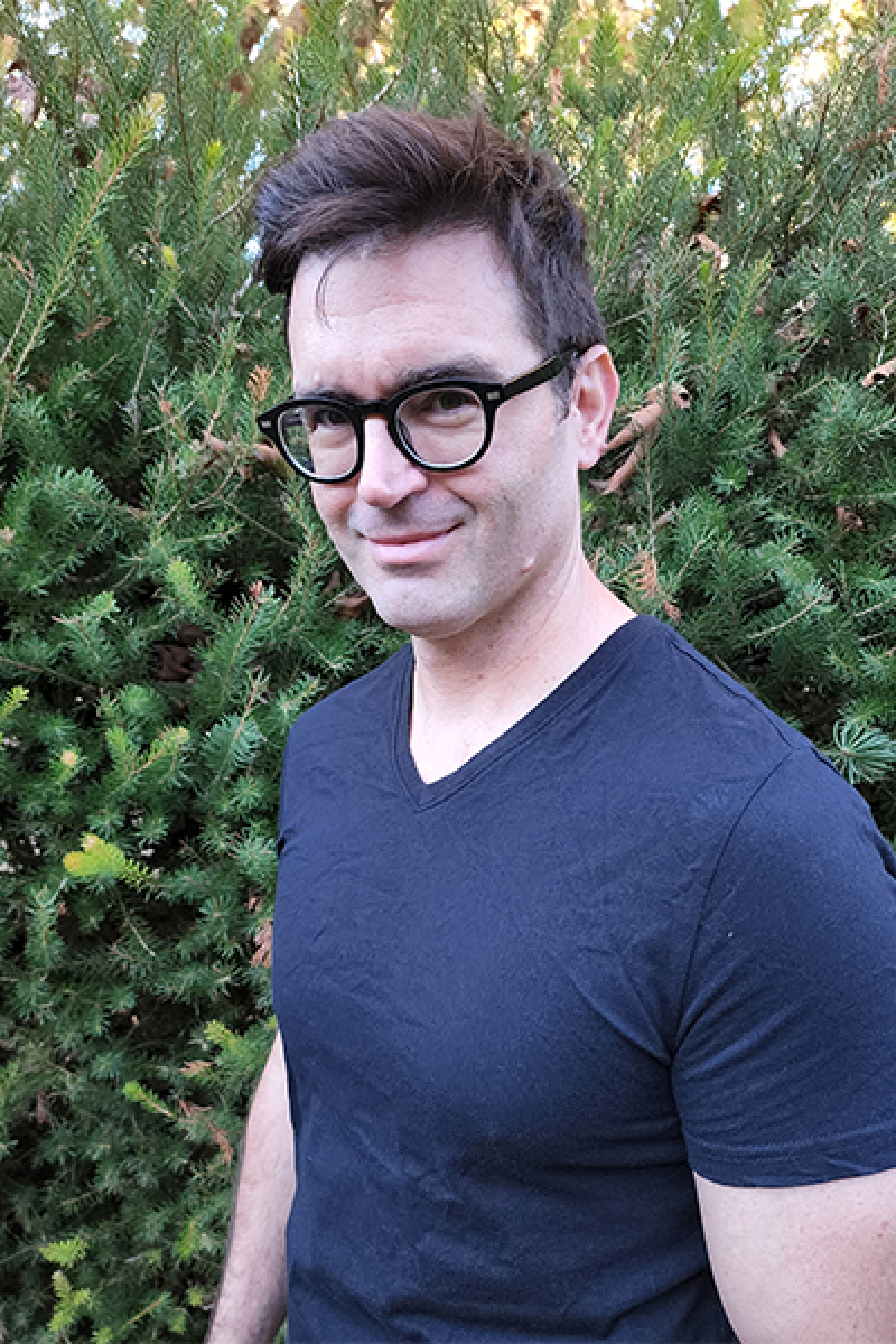Book review: Childhood

Childhood
Shannon Burns’ memoir Childhood traces the bewilderment of a young boy as he comes to terms with the struggle to become himself in a world without the emotional or physical stability of any dependable other. Moving from childhood incomprehension to adult clarity, it haunts and unsettles our imagination as the reader follows the boy’s painful journey. Childhood’s literary style is rhythmic, moving effortlessly from the outside world to the inside world and back again in short sentences. Less, as they say, is more, but there is nothing “more-or-less” in Burns’ writing. It is as bare and hard as granite. Courageous and frank, it does not hide beneath the soft mantle of “story- telling”, but it is compulsive reading.
The narrator of Childhood remembers little of a childhood in which his parents have only three ways of being: “angry and stupid; stoned and stupid; or angry, stoned and stupid.”What he does remember is vague, the details uncertain. Like the boy’s acquired habit of retreat and evasion, his memories are good at hiding, and yet the memoir traces the moments of a boy becoming himself with forensic detail. In a style stripped of rhetoric or affect, the reader is held hostage to the lived experience of memory-trouble; of how crystalline detail and contextual confusion co-exist.

Shannon Burns
The boy’s survival requires living a double life, with his authentic self permanently in hiding, but who can that self be – stained
as it is by the guilt of familial association? Watching the near rape of a girl, he becomes an accomplice by association; seeing his father’s sexual predation of his sister, he is stained by kinship to that behaviour. The endless physical punishment he receives confirms his guilt, which is always what a forlorn child brings down upon himself. Alone with his parents (“one of them terrifying and half-mad, the other a pervert who fills him with fury and disgust”), possibilities for identification fall away until he is living far removed from himself.
The painful heart of this book is its quiet and undemonstrative depiction of becoming oneself, when one has no other to imitate or a standard by which to measure oneself – thus one can only signal distress through defiant gestures, thuggish bullying, and dissociation. This could be a book about the numerous ways a child can turn into a sociopath, about a boy becoming a thug, but instead we witness the boy slowly building an ideational fortress within himself in which to mobilise an ethical self. How can we explain the complexities of character?
Unrelentingly stark, Childhood speaks in whispers and we have to listen closely. There is great character in the writing and the writing itself becomes a character, so that we know it as a quiet friend, unassumingly authentic and modest, astonishing in the rawness of its wounds, but surprisingly intact in its narratorial control. Childhood re-makes the memoir-form like Mark Twain’s Huckleberry Finn, insider and outsider co-existing in the fight for loyalties from which the reader is not exempt.
Dr Shannon Burns was awarded his PhD in Literature from the University of Adelaide in 2011. He is an Adelaide-based author, critic and member of the JM Coetzee Centre for Creative Practice at the University.
Childhood, by Shannon Burns, paperback 272pp, ISBN 9781922330789 (Text Publishing)
Review by:
Adjunct Professor Jennifer Rutherford, author, critic and former Director of the JM Coetzee Centre for Creative Practice.
Adjunct Professor Brian Castro, author, scholar and founding director of the JM Coetzee Centre for Creative Practice.
Lumen Readers’ Prize
Lumen readers are invited to enter a competition to win one of five signed copies of Shannon Burns’ memoir, Childhood.
To enter, we ask that you share with us, in 100 words or less, your fondest University of Adelaide memory.
Entries may be published in the next issue of Lumen. We need to receive your entries by June 30, 2023.
Once you’ve read and acknowledged the terms and conditions, please send your entries here.
Winners will be announced on the website, in the next issue of Lumen, and will also be notified in person. Good luck!
